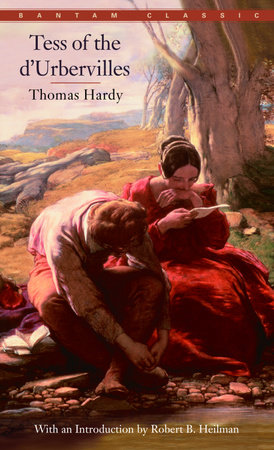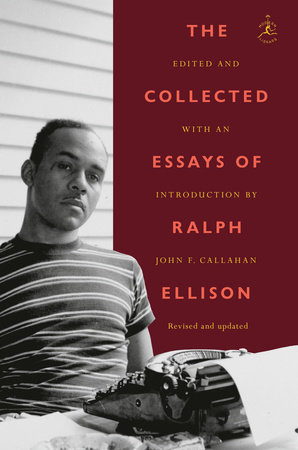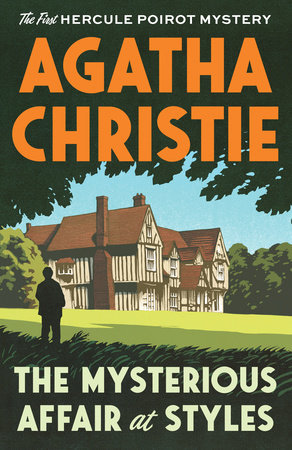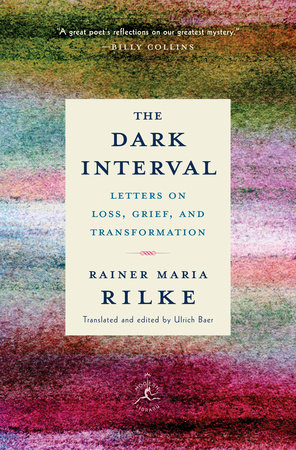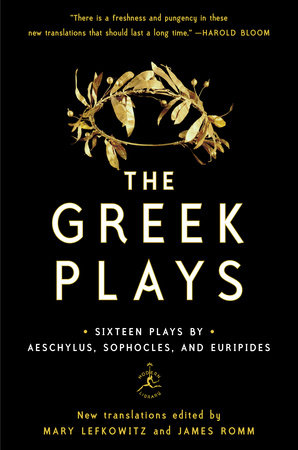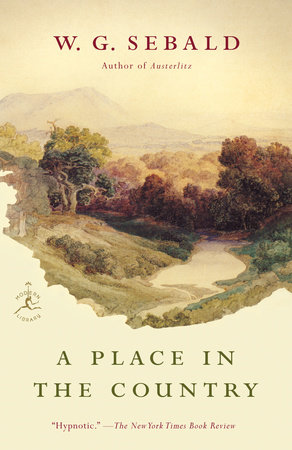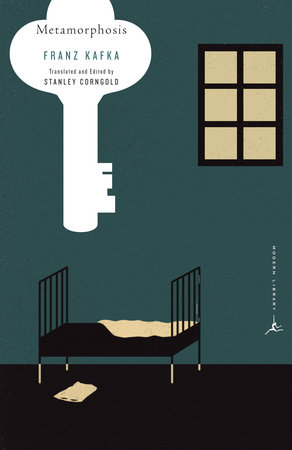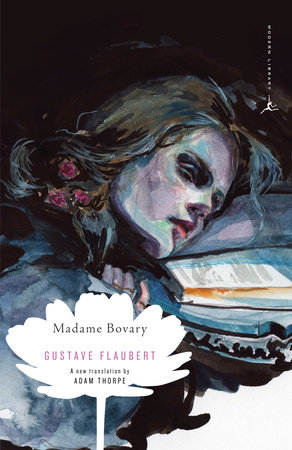Excerpt
Tess of the d'Urbervilles
Phase the First
The Maiden
I
On an evening in the latter part of May a middle-aged man was walking homeward from Shaston1 to the village of Marlott, in the adjoining Vale of Blakemore or Blackmoor. The pair of legs that carried him were rickety, and there was a bias in his gait which inclined him somewhat to the left of a straight line. He occasionally gave a smart nod, as if in confirmation of some opinion, though he was not thinking of anything in particular. An empty egg-basket was slung upon his arm, the nap of his hat was ruffled, a patch being quite worn away at its brim where his thumb came in taking it off. Presently he was met by an elderly parson astride on a gray mare, who, as he rode, hummed a wandering tune.
"Good night t'ee," said the man with the basket.
"Good night, Sir John," said the parson.
The pedestrian, after another pace or two, halted, and turned round.
"Now, sir, begging your pardon; we met last market-day on this road about this time, and I zaid2 'Good night,' and you made reply 'Good night, Sir John,' as now."
"I did," said the parson.
"And once before that—near a month ago."
"I may have."
"Then what might your meaning be in calling me 'Sir John' these different times, when I be plain Jack Durbeyfield, the haggler?"3
The parson rode a step or two nearer.
"It was only my whim," he said; and, after a moment's hesitation: "It was on account of a discovery I made some little time ago, whilst I was hunting up pedigrees for the new county history. I am Parson Tringham, the antiquary, of Stagfoot Lane. Don't you really know, Durbeyfield, that you are the lineal representative of the ancient and knightly family of the d'Urbervilles, who derive their descent from Sir Pagan d'Urberville, that renowned knight who came from Normandy with William the Conqueror, as appears by Battle Abbey Roll?"4
"Never heard it before, sir!"
"Well, it's true. Throw up your chin a moment, so that I may catch the profile of your face better. Yes, that's the d'Urberville nose and chin—a little debased. Your ancestor was one of the twelve knights who assisted the Lord of Estremavilla in Normandy in his conquest of Glamorganshire. Branches of your family held manors over all this part of England; their names appear in the Pipe Rolls5 in the time of King Stephen. In the reign of King John one of them was rich enough to give a manor to the Knights Hospitallers; and in Edward the Second's time your forefather Brian was summoned to Westminster to attend the great Council there. You declined a little in Oliver Cromwell's time, but to no serious extent, and in Charles the Second's reign you were made Knights of the Royal Oak6 for your loyalty. Aye, there have been generations of Sir Johns among you, and if knighthood were hereditary, like a baronetcy, as it practically was in old times, when men were knighted from father to son, you would be Sir John now."
"Ye don't say so!"
"In short," concluded the parson, decisively smacking his leg with his switch, "there's hardly such another family in England."
"Daze7 my eyes, and isn't there?" said Durbeyfield. "And here have I been knocking about, year after year, from pillar to post, as if I was no more than the commonest feller in the parish. . . . And how long hev this news about me been knowed, Pa'son Tringham?"
The clergyman explained that, as far as he was aware, it had quite died out of knowledge, and could hardly be said to be known at all. His own investigations had begun on a day in the preceding spring when, having been engaged in tracing the vicissitudes of the d'Urberville family, he had observed Durbeyfield's name on his waggon, and had thereupon been led to make inquiries about his father and grandfather till he had no doubt on the subject.
"At first I resolved not to disturb you with such a useless piece of information," said he. "However, our impulses are too strong for our judgment sometimes. I thought you might perhaps know something of it all the while."
"Well, I have heard once or twice, 'tis true, that my family had seen better days afore they came to Blackmoor. But I took no notice o't, thinking it to mean that we had once kept two horses where we now keep only one. I've got a wold8 silver spoon, and a wold graven seal at home, too; but, Lord, what's a spoon and seal? . . . And to think that I and these noble d'Urbervilles were one flesh all the time. 'Twas said that my gr't-grandfer had secrets, and didn't care to talk of where he came from. . . . And where do we raise our smoke, now, parson, if I may make so bold; I mean, where do we d'Urbervilles live?"
"You don't live anywhere. You are extinct—as a county family."
"That's bad."
"Yes—what the mendacious family chronicles call extinct in the male line—that is, gone down—gone under."
"Then where do we lie?"
"At Kingsbere-sub-Greenhill: rows and rows of you in your vaults, with your effigies under Purbeck-marble9 canopies."
"And where be our family mansions and estates?"
"You haven't any."
"Oh? No lands neither?"
"None; though you once had 'em in abundance, as I said, for your family consisted of numerous branches. In this county there was a seat of yours at Kingsbere, and another at Sherton, and another at Millpond, and another at Lullstead, and another at Wellbridge."
"And shall we ever come into our own again?"
"Ah—that I can't tell!"
"And what had I better do about it, sir?" asked Durbeyfield, after a pause.
"Oh—nothing, nothing; except chasten yourself with the thought of 'how are the mighty fallen.'10 It is a fact of some interest to the local historian and genealogist, nothing more. There are several families among the cottagers of this county of almost equal lustre. Good night."
"But you'll turn back and have a quart of beer wi' me on the strength o't, Pa'son Tringham? There's a very pretty brew in tap at The Pure Drop—though, to be sure, not so good as at Rolliver's."
"No, thank you—not this evening, Durbeyfield. You've had enough already." Concluding thus the parson rode on his way, with doubts as to his discretion in retailing this curious bit of lore.
When he was gone Durbeyfield walked a few steps in a profound reverie, and then sat down upon the grassy bank by the roadside, depositing his basket before him. In a few minutes a youth appeared in the distance, walking in the same direction as that which had been pursued by Durbeyfield. The latter, on seeing him, held up his hand, and the lad quickened his pace and came near.
"Boy, take up that basket! I want 'ee to go on an errand for me."
The lath-like stripling frowned. "Who be you, then, John Durbeyfield, to order me about and call me 'boy'? You know my name as well as I know yours!"
"Do you, do you? That's the secret—that's the secret! Now obey my orders, and take the message I'm going to charge 'ee wi'. . . . Well, Fred, I don't mind telling you that the secret is that I'm one of a noble race—it has been just found out by me this present afternoon, p.m." And as he made the announcement, Durbeyfield, declining from his sitting position, luxuriously stretched himself out upon the bank among the daisies.
The lad stood before Durbeyfield, and contemplated his length from crown to toe.
"Sir John d'Urberville—that's who I am," continued the prostrate man. "That is if knights were baronets—which they be. 'Tis recorded in history all about me. Dost know of such a place, lad, as Kingsbere-sub-Greenhill?"
"Ees. I've been there to Greenhill Fair."
"Well, under the church of that city there lie—"
" 'Tisn't a city, the place I mean; leastwise 'twaddn' when I was there—'twas a little one-eyed, blinking sort o' place."
"Never you mind the place, boy, that's not the question before us. Under the church of that there parish lie my ancestors—hundreds of 'em—in coats of mail and jewels, in gr't lead coffins weighing tons and tons. There's not a man in the county o' South-Wessex that's got grander and nobler skillentons11 in his family than I."
"Oh?"
"Now take up that basket, and goo on to Marlott, and when you've come to The Pure Drop Inn, tell 'em to send a horse and carriage to me immed'ately, to carry me hwome. And in the bottom o' the carriage they be to put a noggin o' rum in a small bottle, and chalk it up to my account. And when you've done that goo on to my house with the basket, and tell my wife to put away that washing, because she needn't finish it, and wait till I come hwome, as I've news to tell her."
As the lad stood in a dubious attitude, Durbeyfield put his hand in his pocket, and produced a shilling, one of the chronically few that he possessed.
"Here's for your labour, lad."
This made a difference in the young man's estimate of the position.
"Yes, Sir John. Thank 'ee. Anything else I can do for 'ee, Sir John?"
"Tell 'em at hwome that I should like for supper,—well, lamb's fry if they can get it; and if they can't, black-pot; and if they can't get that, well, chitterlings12 will do."
"Yes, Sir John."
The boy took up the basket, and as he set out the notes of a brass band were heard from the direction of the village.
"What's that?" said Durbeyfield. "Not on account o' I?"
" 'Tis the women's club-walking, Sir John. Why, your da'ter is one o' the members."
"To be sure—I'd quite forgot it in my thoughts of greater things! Well, vamp13 on to Marlott, will ye, and order that carriage, and maybe I'll drive round and inspect the club."
The lad departed, and Durbeyfield lay waiting on the grass and daisies in the evening sun. Not a soul passed that way for a long while, and the faint notes of the band were the only human sounds audible within the rim of blue hills.


